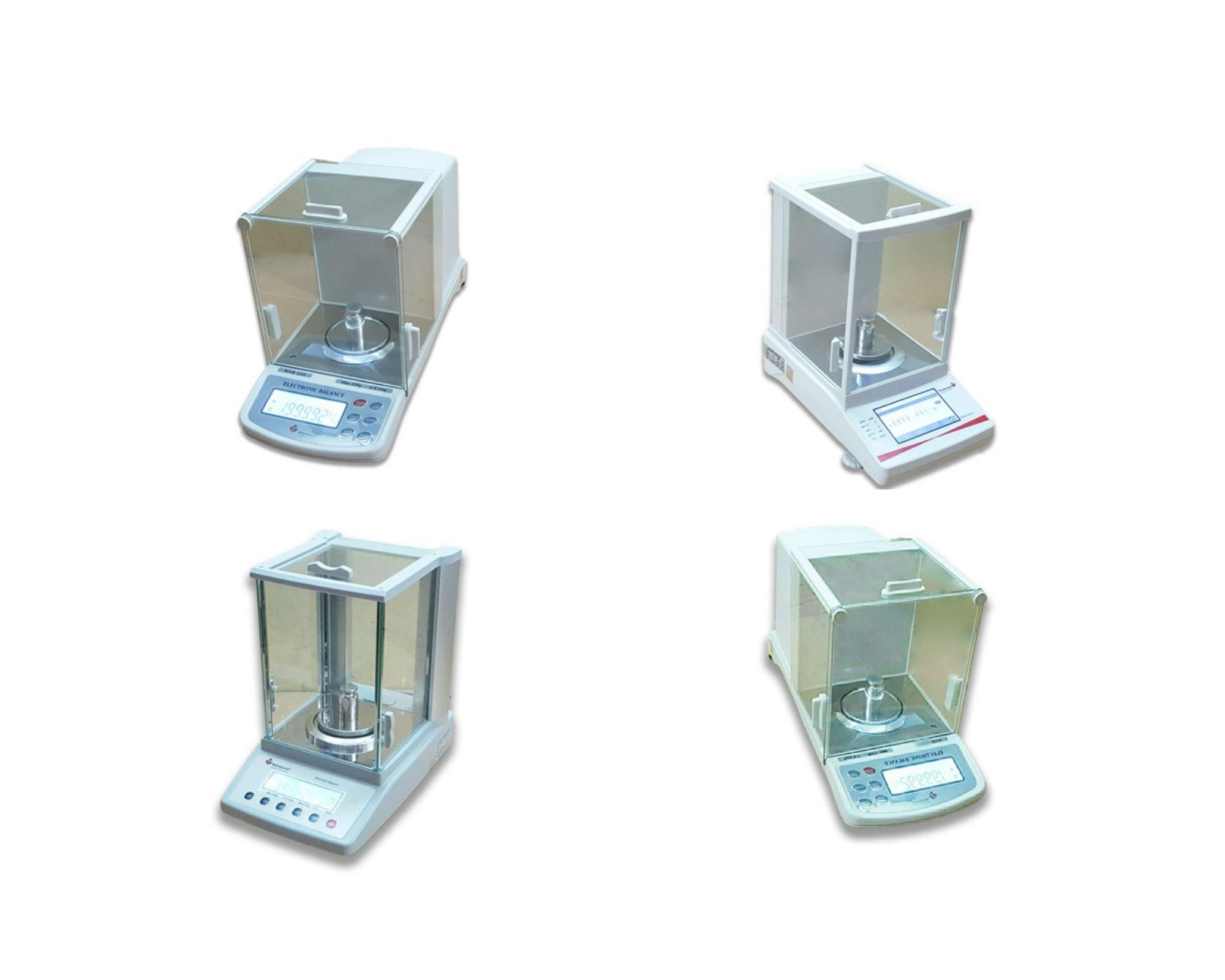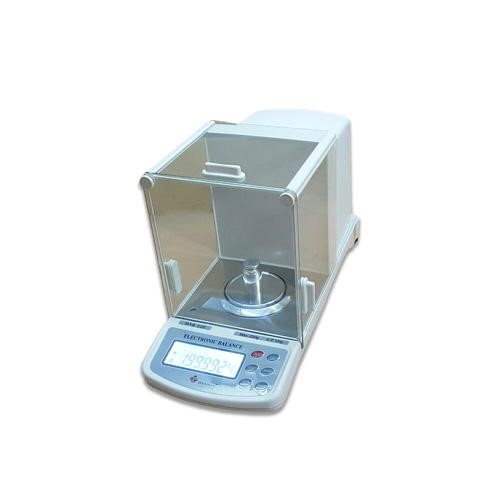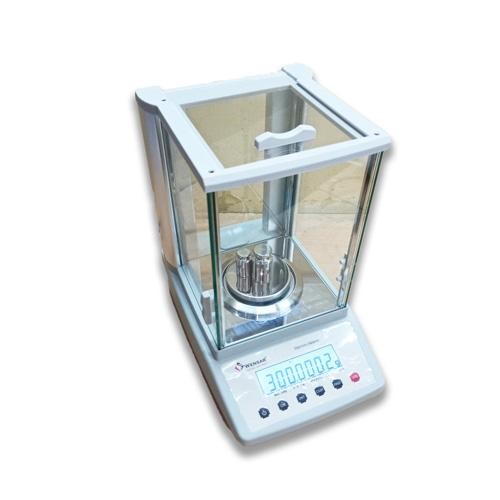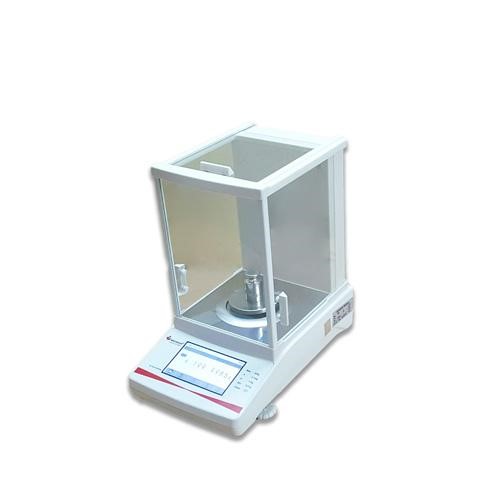Welcome to Labkafe ~ Orientallabs Retail Services Private Limited
A science laboratory is a place of high precision measurements. There are instruments like vernier calipers or screw gauges to measure length, high-precision timers to measure intervals, and volumetric measuring glassware to measure liquids. But when you need to measure the mass of something tiny, you need precise digital weighing balances. Today, we will tell you what is an analytical balance and why we use it in laboratories.

Analytical balances are high-precision high-sensitivity laboratory equipment that are capable of measuring even a tenth or a hundredth of a milligram. They are so sensitive to pressure on the plate that even changes in air pressure can disturb them. This is why often the weighing area of an analytical balance is boxed in a glass cubicle.
Analytical balances are used in laboratories to measure very fine amounts of solids. Suppose, you need to make a 5% Copper Sulphate solution. That means, by weight, there would be only 5 units of CuSO4 diluted in 95 grams of demineralized water. Let us say, you need precisely 10 ml of 5% CuSO4 solution. Then, you would have to measure up precisely 526.3 mg of copper sulphate and dilute it all into 10 ml of DM water. This example is generally not required, but in pharmaceutical labs and other biochem laboratories, this and even higher precision are often required.
A good analytical balance should have precision ranging from 0.1 mg to 0.01 mg. They should have a drought shield or glass weighing chamber around the balance plate, with doors to use the chamber. Precise footing is extremely important for such high-sensitivity digital weighing machines, so they should have finely adjustable feet and a level indicator.
An analytical weighing balance should not need to measure any large amounts of weights, but around 100-200 grams capacity is expected. Generally, Labkafe sells Wensar balances which have from 200g to 300g capacity.

Other functions of an analytical balance may include:

Analytical balances are very sensitive, fragile equipment. As such, they need a lot of coddling to work properly. The following guide can help you to use analytical balances as intended, with good, reliable results.

A precision balance is also an instrument of precise measurement. However, they are not as precise as an analytical balance. To clarify, a precision balance can measure down to the milligram level, but no less. However, analytical balances are useful when you need to measure more precise weight readings like 0.1 mg or 0.01 mg.
Most precision balances do not need special setups to use them. You can just plop one down on the lab workbench, plug it in, and you’re good to go. But analytical balances are a lot more demanding if you want them to work properly. First of all, they will need to be a dust-free area where there are no air currents or vibrations. Secondly, they often need to be placed on anti-vibration tables to nullify even the most minute vibrations coming through the floor (yes, even walking can set it off).
Visually, there may not be much difference between electronic precision balances and analytical balances used in laboratories. But the analytical balance will always have a sturdy large box on top of the pan, which may not be as big or serious-looking with precision balances. Precision gold balances may even have no drought guard or just a small bowl to guard the air intervention.
To sum up, both analytical and precision balances are important in a chemistry lab equipment package. You can find quite a few of them in Labkafe's stock, contact us today!
Labkafe is among the most promising laboratory supplies vendors in India. We manufacture and supply lab equipment, lab furniture, lab consumables, lab glassware, lab machines and more! Not only we manufacture lab items, we export to international resellers too. We fulfill CBSE ICSE ISC IGCSE IB State board affiliation requirements for schools by providing affiliation packages to schools. Our featured products are:
Chosen by over 1200 schools, colleges, universities, research labs, government agencies and private companies to build or renovate their laboratories, Labkafe stands as your best friend when it comes to labs. We are also a registered OEM on GeM. Our clients love us because we provide the best quality of lab products, free demos, free installation, and support for ever.
Do you wish to experience excellence too? Why not contact us today at [email protected], or call 9147163562 directly ‒ we are always available to serve. You can also use the chat button in the corner to connect to one of our representatives instantly!
Feb 16, 2023 by Biswajit Sana
Jan 24, 2023 by Biswajit Sana